Whether you’re a techno-optimist, realist, or pessimist, you can’t deny that the rise of artificial intelligence is shaking things up. The job industry is going through some major shifts. And, likely, this will only accelerate in the future. The International Monetary Fund warns that AI is going to affect nearly 40% of all jobs worldwide.
Naturally, some folks are slightly worried about the future of their careers. Meanwhile, others are barely breaking a sweat. The r/AskReddit community recently chatted about the jobs that they think are nearly entirely safe from AI making them obsolete. Scroll down to hear their thoughts. (You might also want to keep this in mind for a plan B if your white-collar or creative job goes sideways.)
#1
Nursing.SpaceMurse:
I would do ungodly, unforgivable things for an AI rig that will do my patients’ bowel programs.
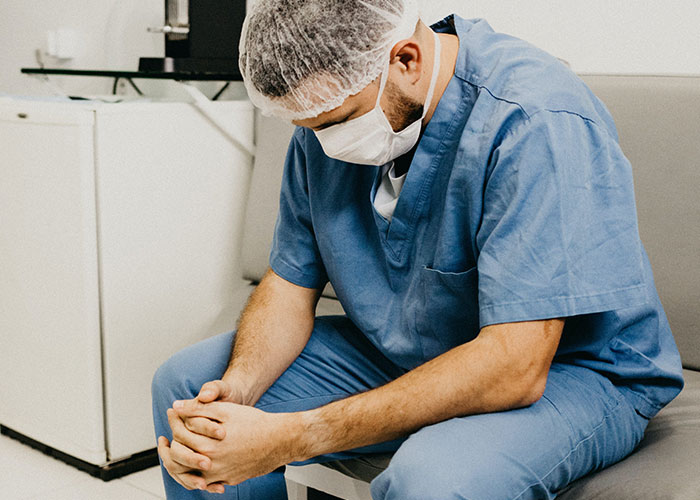
Image credits: Silent-Ad9303
#2
Trade jobs (plumbing, electricians, painters, etc).dogdashdash:
Ye. I'm a plumber in Ontario. At this point I can literally quit my job right now via text and have a new one lined up for Monday. No AI or modular homes are taking any work from me.
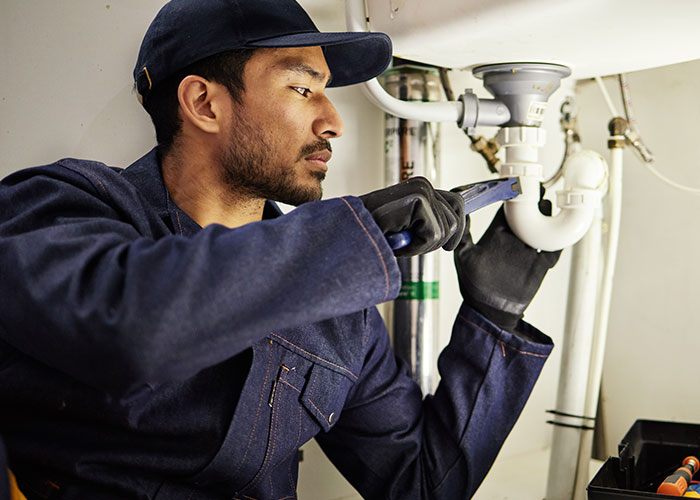
Image credits: AdmirableAd7753
#3
Wiping old peoples' butts in nursing homes. Guaranteed job for life.
Image credits: Separate-Ad-9916
A report from Goldman Sachs from back in March 2023 projected that content-generating AI could do a quarter of all the work currently done by people. In the European Union and the United States alone, around 300 jobs could be lost to automation.
“If generative AI delivers on its promised capabilities, the labor market could face significant disruption. Using data on occupational tasks in both the US and Europe, we find that roughly two-thirds of current jobs are exposed to some degree of AI automation, and that generative AI could substitute up to one-fourth of current work,” the report states.
According to Business Insider, some of the jobs that are the most vulnerable to AI include tech jobs (from coders to software engineers) and media jobs (from content creation and journalism to advertising).
#4
Community work/ social work. The more human you are in this field, the better. No one would tolerate or even bother engaging with an AI.
Image credits: 5NATCH
#5
I'm an aircraft mechanic, I don't see AI crawling its nonexistent a*s into the belly of an airplane anytime soon.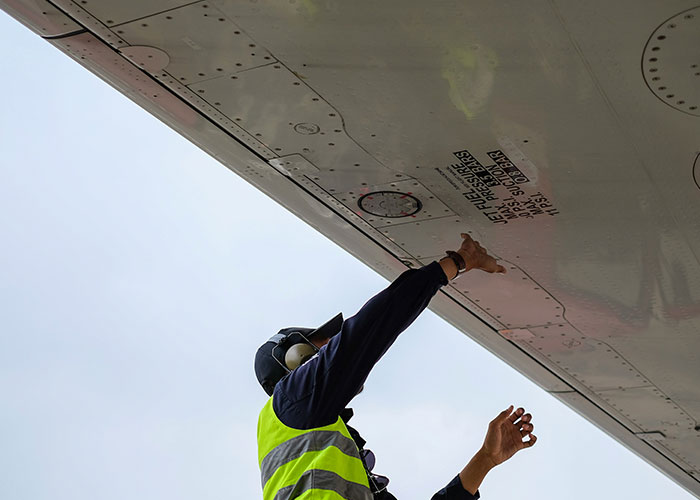
Image credits: Tipsy_Lights
#6
A fine-dining chef/cook. Sure, you could make a robot that throws ingredients together in a pan, and perhaps even beautifully plate it, but they lack the ability to taste. A cook needs to taste their food to make sure it tastes the way it's supposed to. Also, we use our ability to smell to reveal if certain foods have gone bad/rancid/rotten. If a human open a tub of chicken, and it smells sour and rotten, you throw it out. AI/robots can't smell, so might serve rotten food.
Image credits: Hunta_killa78
Some media companies are already working to integrate AI tools like ChatGPT into their arsenals. For example, tech news site CNET is already using AI to write some articles. However, they’re far from perfect and have to be corrected. Meanwhile, BuzzFeed is using AI to generate new quizzes and travel guides.
Other jobs vulnerable to AI include legal professionals, market researchers, teachers, financial traders, accountants, customer service agents, and graphic designers.
If you feel that you're affected, first of all—don’t panic. Breathe! It’s natural to feel a tad worried about your future when the global job industry is being overhauled so quickly due to tech progress. While none of us can stop the rise and spread of AI, what we can do is change how we react to it. No matter our jobs, we can embrace these changes and adapt to them. Or, if you’re in an influential position to do so, you can do your part to help AI tools be used more ethically and less disruptively.
From our perspective, it’s quite likely that AI tools are going to become integral in many white-collar positions. However, they (probably) won’t entirely replace human employees. AI is nothing if left unguided. You need talented and insightful workers with good managerial and editing skills to get the most out of them.
#7
Artists who draw hands.
Image credits: ecktt
#8
I install elevators for a living. We are so, so far away from building any machine that has all the physical abilities to get it done, and just as far from making AI that has the wits it takes to figure out how to even do it.Construction on sites in general, it involves a lot of "figuring it out" and "working with what you have".
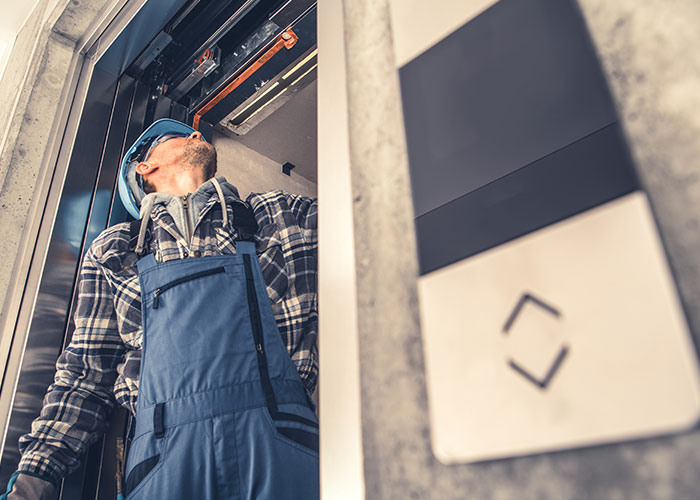
Image credits: xhantus404
#9
Politics.Because politicians know they are vastly overpaid, and won't want to lose that.
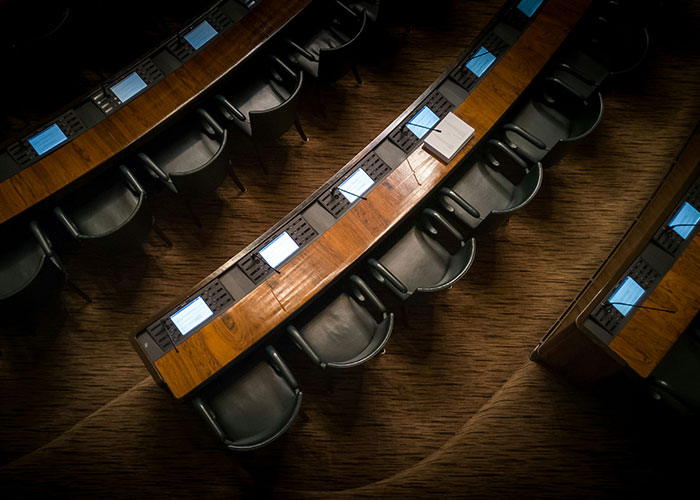
Image credits: Cpt_Riker
At the end of the day, despite all of our guesses, AI is going to affect the global job industry in ways that we can’t even imagine. The best that we can do is to stay up to date with industry changes, get to grips with at least some relevant AI tools, and… consider learning a new skill or trade on the side.
Or, to put it simply: if you’re really, really good at what you do, you’re less likely to be laid off. So the best defense against becoming obsolete is to be great at your job. However, it’s not just our hard skills that are important. It’s our relationships and how we communicate that are essential, too. They can mean a huge deal if someone ever has to pick between saving/firing one of two equally skilled workers during cutbacks.
#10
Teacher, especially for younger kids. Parents want their kids learning from a human because there’s important social aspects they must learn.No-Survey7308:
Teacher! Sorry but if covid has taught us anything it’s the need for a real person standing in front of these kids. As a teacher for the last 22 years i can tell you that these kids are damaged from remote learning. Turns out much of my job is getting kids to be present in the moment. Not distracted by the window or the kid next to them,not the phones but the material in front of them. Phones (and the ai in it) are making it harder but they need human beings to guide them and train them to gain intellectual endurance. AI will never replace us.
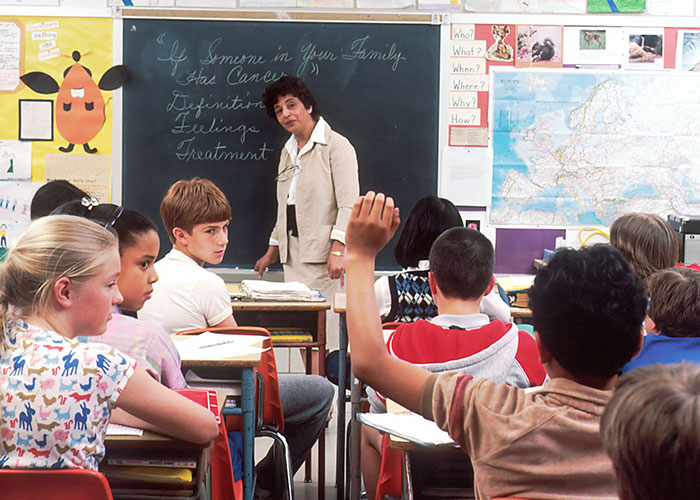
Image credits: Radthereptile
#11
Comedians. AI can't write funny things.
Image credits: tehweave
#12
I'm biased but being a therapist. It'd be easy to make an AI who does it poorly and unethically. But to make even an alright therapist it would be insanely hard...
Image credits: adventurenotalaska
Someone who is empathetic, knows how to navigate conflicts, and inspires colleagues with their leadership is invaluable. Now, contrast that with someone who is cynical, unfriendly, rude, and widely disliked by their team. If you had to make the hard decision to let one of these people go, who would you choose?
We’d love to hear your thoughts on this topic, dear Pandas. What jobs do you think are going to be the most vulnerable in the Age of AI? Which professions do you personally believe are the safest? How worried are you about getting replaced in your line of work? Are you a techno-optimist, realist, or pessimist? If you have a moment, tell us what you think in the comments at the bottom of this article.
#13
Engineers. Even when we have AI robot workers, someone will still need to fix the robots.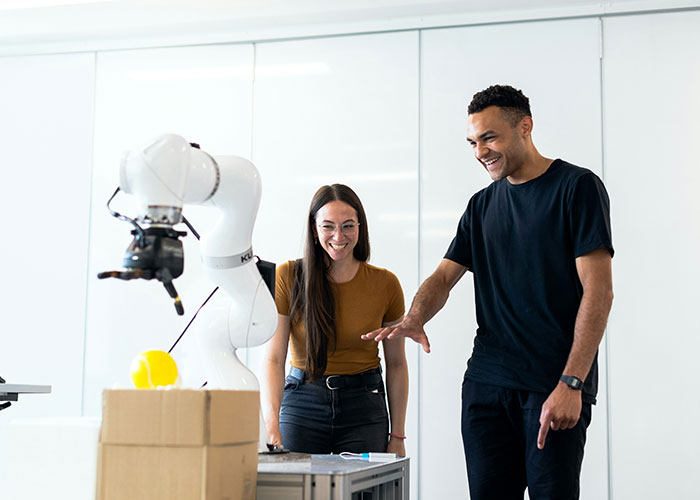
Image credits: carlbandit
#14
Professional athlete.
Image credits: Hinkerbob
#15
First responders.I saw a fire break out once, near my office. It was an old factory where some junkies sometimes gather, so it naturally went up one day. There is a big heavy gate at the entrance of the yard with heavy steel bars and barbed wire. People from aroun the yard tried to open it before the firefighters came, so they had an easier job, but no one could open it, and there is a metalworking factory near it. Angle grinders, saws, nothing could cut it. The junkies used a small hole to get in.
Haxomen:
The firefighters came, took out some contraption and took the fire out through one of the windows of the factory. Using the Bernoulli principle. They never entered the yard. The fire raged 20 minutes and was done in 5 minutes after they came. I can't see a situation where AI is so responsive to really complex situations. Maybe some future AGI, but then we will achieve post scarcity.
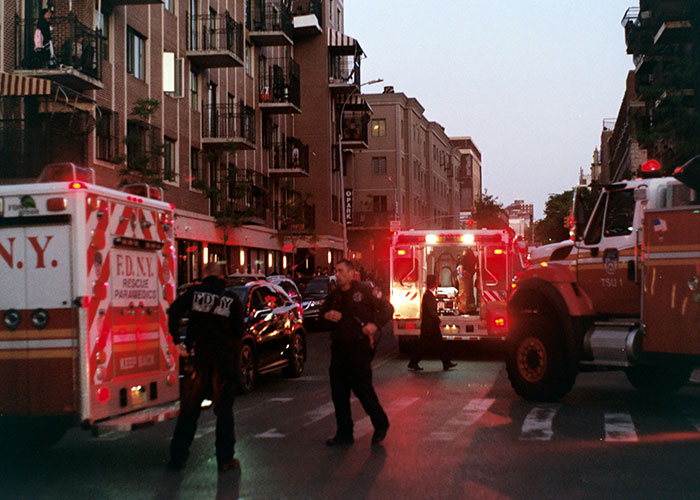
Image credits: HansBoopie
#16
CEO / Executives. They're the ones replacing everyone else with AI while they reap the benefits and relax.
Image credits: awesomedan24
#17
Clergy. An AI cannot replace an ordained person as far as religion is concerned.
Image credits: Main_Cicada1317
#18
AI programmers. Can't have the AI in charge of programming themselves now can we? Someone has to be around to pull the plug/hit the killswitch.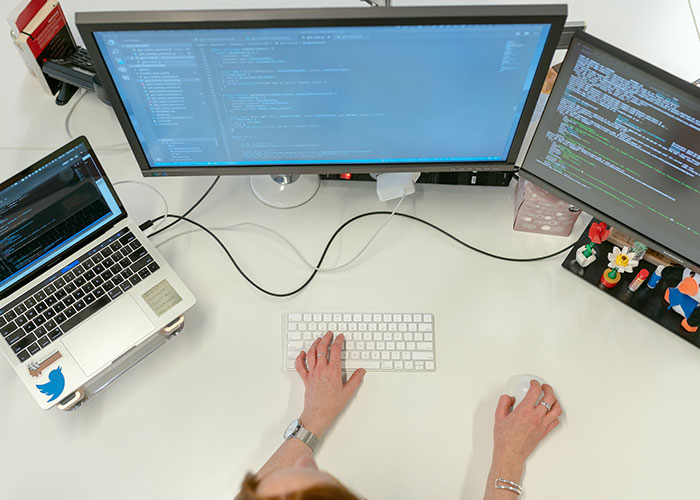
Image credits: ssowinski
#19
I think most jobs are safe, which is an unpopular opinion. AI generated content is mediocre at best, and the PR nightmare that follows getting called out on it is a dumpster fire. Maybe in 10-20 years this concept of job security can be revisited. But right now, AI just is quite sub-par at delivery in a non-ideal environment.#20
People keep on going on about it taking over tech support, but from my experience, I can't see it happening.Karen from marketing doesn't even know what cable powers her monitor, so if AI told her to make sure it's powered on, she wouldn't have a clue where to start or what she's looking for.
I think it's a great tool and do use it myself, but you need to understand what it's actually telling you to do or if 8ts going wrong where it's gone wrong so you can correct it.
#21
I’m an occupational therapist in an inpatient rehabilitation hospital helping people regain independence with their daily activities. Hard to see AI taking my place in any time in the near or even mid future.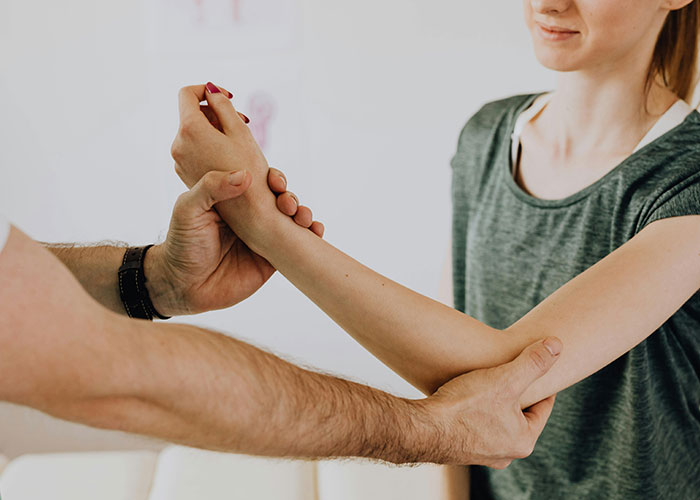
Image credits: Infinite-Novel-7387
#22
Honestly? ITThere’s always going to be something going wrong with computers that are so dumb and unique that AI won’t have any idea how to fix it.
#23
Regulated professions. If you need a license to do the job, like a lawyer, doctor, architect, or CPA, it cannot legally be automated. And, these groups tend to be pretty influential in politics so they can keep those barriers to entry up.#24
Surgery. So much of it is nuanced and requires precision to a degree that I can never see a non-human entity being able to perform.#25
S*x work. We’ve had robot s*x parts for years and human sex workers still have customers.#26
Childcare.#27
Stage actor.#28
Creating those "prove that you are human by selecting all the ..." verification steps.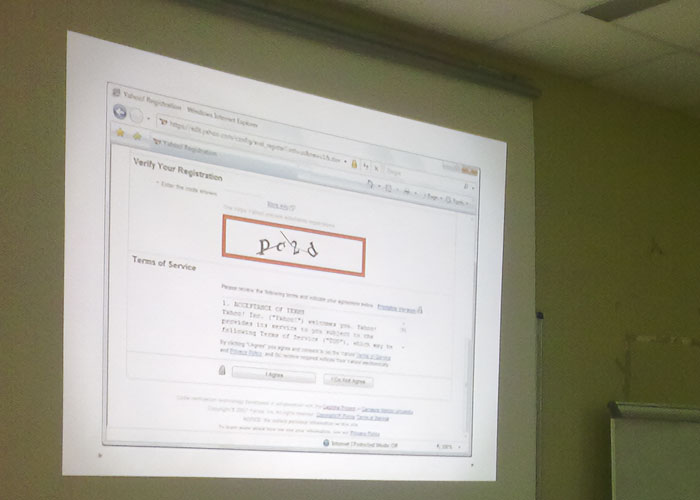
Image credits: TheAverageObject
#29
Unpopular, but trucking. Before anyone tells me I’m an idiot, let me explain.Airplanes would be easier to automate. They haven’t been, despite having an actual autopilot.
Trains would be easier to automate. They haven’t, despite having remote controlled units.
Our roads are designed for a human to use, with human intuition. An AI driving program has already proved to be exceptionally difficult to accomplish. And that’s without backing trailers into docks, unhooking trailers, unloading…
But we could just make a special road for only automated trucks that would be highly efficient, only that sounds a lot like how a train works.
Trucking won’t be automated, even if it does just end up like railroading, where the operator is mostly there in case something goes wrong.
#30
Attorney. There are some things even AI won't do.#31
Software engineering jobs that fix all the many mistakes and security holes created by people using AI to write code.#32
Pilot probably. AI has been flying planes for years. But we still need pilots because we just don't and can't trust computers with all those lives like that.#33
Dentist.#34
Massage Therapist.#35
All construction trades.#36
Civil engineering. People are okay with art and computing done by AI, but driving over bridges and living in buildings designed solely by computers is not something that people will be okay with. The tools could have done very interesting applications for designers, but there will still be people in charge of making the ultimate decisions.#37
AI regulator. Growth area, really.#38
Maintenance electrician here. My job is.There is a new task everyday and nothing of it follows any sort of standard procedure at least for an AI.
It would first need to have a fully functioning body that can work without electricity in tight areas before it could even begin to replace me. And at that point we are either having a big war or universal basic income.
#39
I'm a ups driver, I think some of the driving and delivering could be done with robots and ai. However navigating a snow covered road out in the country or even their half mile long dirt drive ways. Nah, human drivers barley make it.#40
C suite and finance. Those in power and the money will never let themselves be replaced.#41
I sing / play guitar / entertain. My job is safe.#42
Toilet cleaning!Humans are cheaper.
#43
Pretty much any job that involves working with the disabled.#44
Doctors. being a physician isn't about diagnosing the patient ... 99% of the work of a GP is the flu. Broken leg? oh the diagnosis is a broken leg. Broken spots are visible on the X-ray. No joke, Sherlock.Being a physician is about making sure the patient follows instructions and showing empathy. Telling people they will not die and will be fine. That's why 40% of cancer patient follow "alternative medecine and b******t" protocols because they dislike the robotic approach of the effective allopathic medecine. Physicians will have to modify their approach of medecine but will survive just fine.
#45
Pet care.. I can’t see people trusting AI to deal with the level of unpredictability of watching 35 dogs in a playgroup!.#46
Specialized education. Private school teachers, sports coaches, tutors.#47
Carpentry.#48
Piloting any kind of craft (boat, plane, car, bus, tractor etc.) will be safe for decades.For example, people who think self-driving cars are right around the corner seem to forget three things: self-driving cars are expensive, driving conditions in most most parts of the world are terrible (no clear markings of roads or lanes or signs, snow, ice, very little "rules of the road" so self-driving cars would always be cut-off and bullied by human drivers and no one would let them merge or drive normally, etc etc so they'd take forever to get to their destination if they drove by the book, and thus not be competetive.), and most importantly insurance dictates most of what can and can't be done in the U.S (e.g., the first time a Tesla truck or a AI-driven city bus runs over a group of school children, the whole timeline will get set back a decade due to nobody willing to insure these things and the regulations the accompany that).


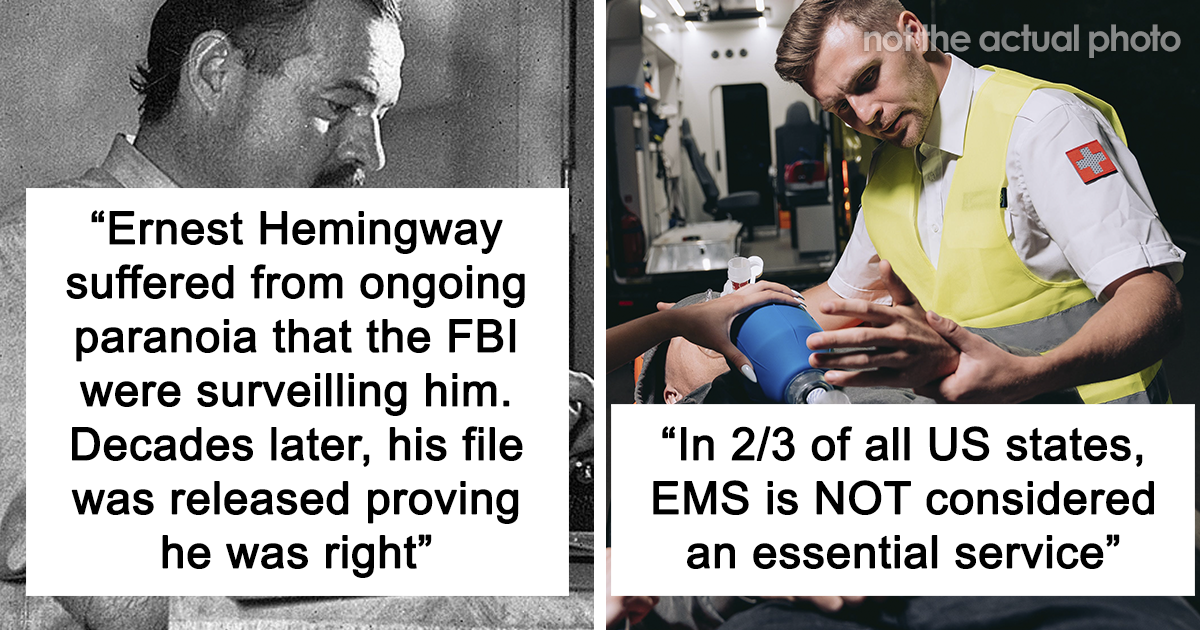

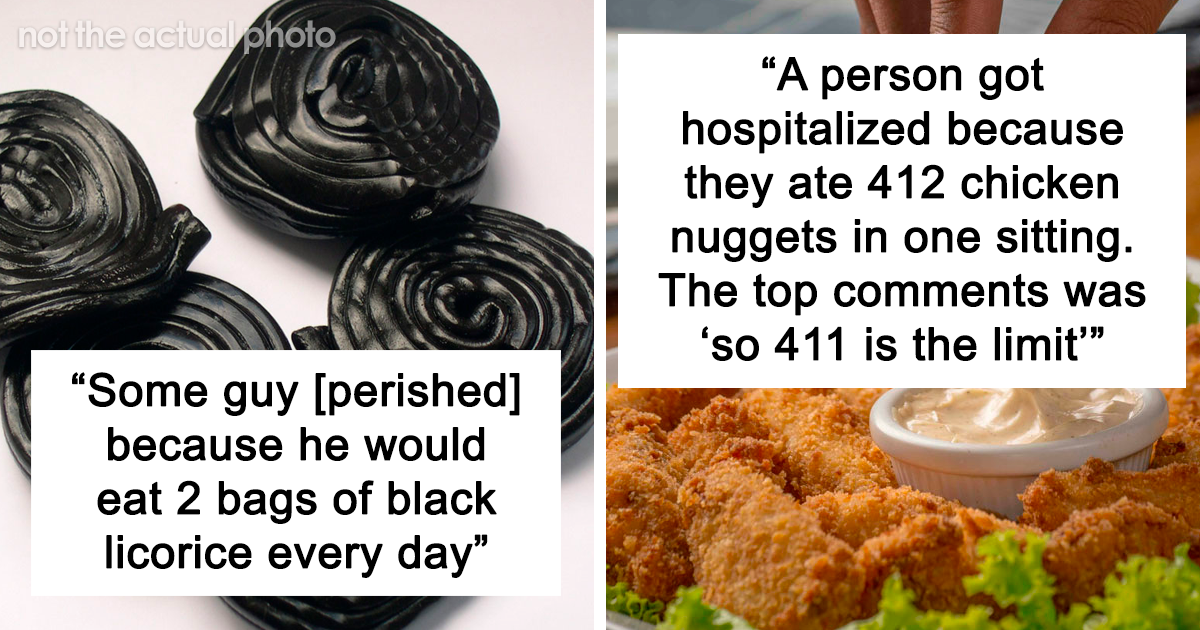

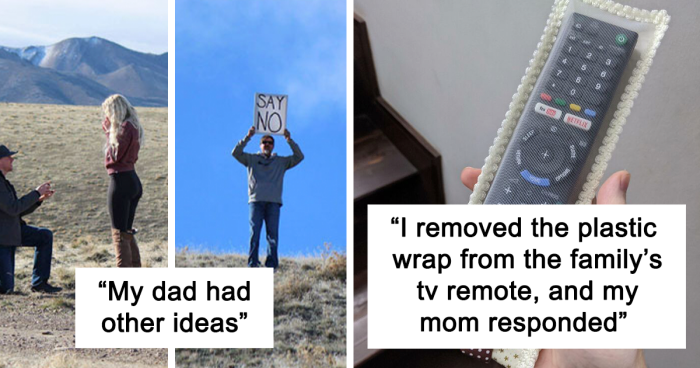





 English (US) ·
English (US) ·